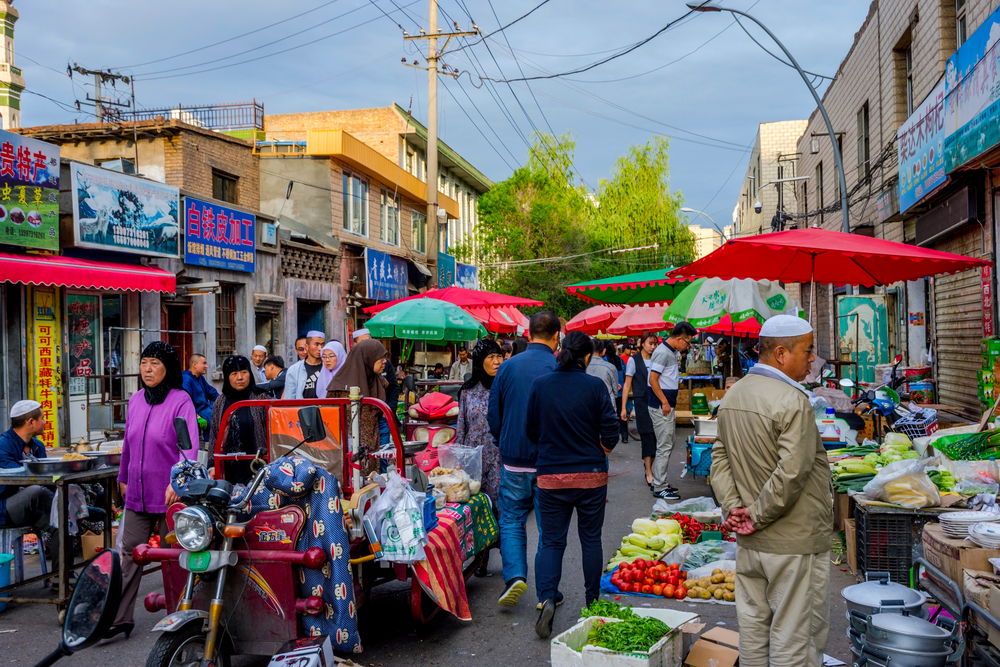
Alibaba Group this week selected Jeminay County in the Xinjiang Uyghur Autonomous Region as the first location for the company’s nationwide program of poverty relief program through e-commerce.
With a population of 3.9 million, the county in China’s northwest derives most of its income from farming. Despite fertile ground and natural resources, the remote area remains one of the poorest in the country, with nearly 10,000 people still living below the poverty line.
Speaking at the Xinjiang Agricultural Promotion Summit Thursday, Alibaba Group Vice President Fang Jiansheng pledged to ameliorate living condition in Jeminay by expanding the sales channel of its agricultural products through both conventional brick-and-mortar stores and online storefronts. The Hangzhou-based e-commerce giant also promised to help the county create a standard of quality, brand promotion, establish a logistics network, develop a marketing campaign and construct a mobile payment system.
“Alibaba will consolidate the best resources and help make the necessary connections to help farmers in poor areas sell their products to all corners of China through e-commerce,” said Fang, reiterating the company’s goal of boosting the local economy and combating poverty in a precise and targeted way.
Read more on Alibaba’s humanitarian efforts:
- Jack Ma Recognizes Rural Teachers, Calls on Business Leaders to End Poverty
- Jack Ma Pledges Millions to Foster Teachers in Rural China
- An Introduction To Taobao Villages
- Mapping Alibaba’s Rural China Drive
According to the company, the goal for Jeminay will be carried out in two phases. First, the county will be removed from the government’s “poor county” category by this September. Secondly, flour and related products from Jeminay will become the standard bearer of the flour industry.
Tackling poverty is a longstanding commitment by Alibaba Group Founder Jack Ma, who is personally overseeing several programs to help those in need in China and elsewhere in the world. In January, AIibaba Chief Executive Officer Daniel Zhang announced the company would help 10 counties establish both their online and offline infrastructures in a bid to help local farmers gain wider market access. The other nine counties are in Chongqing, Yunan, Gansu, Inner Mongoloa autonomous region, Anhui, Fujian, Jilin and Guizhou.




